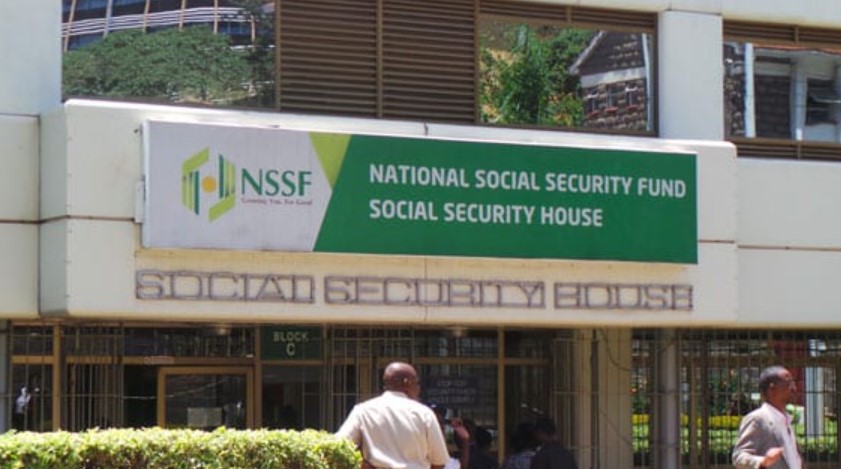The National Social Security Fund (NSSF) has raised Kes 43 billion for the first quarter of the 2023/2024 financial year, compared to the Kes 41 billion recorded in a similar period in 2022.
NSSF Managing Trustee David Koross assured retirees that, as they digitize their systems, they will receive their claims within 24 hours in the near future.
He also revealed that the payment period has been reduced from an average of 18 days to 10 and 14 days.
Last quarter, NSSF paid over Kes 2.6 billion to over 38,000 claims.
NSSF is leveraging technology to digitize its process to ensure seamless claims payments and to remove unnecessary bureaucracies that have been the norm for years, much to the chagrin of retirees.
Did you read this?
“NSSF is no longer the institution which used not to pay. We have now cleared all backlogs on all pending claims, and we are dealing with current claims,” said Koross,
Further, he said that they will ensure an efficient turnaround in the payment of claims.
“In the near future, we want to ensure that we pay claims within 24 hours. We are digitising and automating our processes such that Kenyans should be able to get their claims while they are at their own comfort; they don’t have to walk to NSSF.”
Koross noted in Kwale during the 20th symposium for the Kenya Association of Hotelkeepers and Caterers that the transformation efforts at NSSF will continue unabated to ensure seamless service delivery to Kenyans.
“We are introducing enhanced contributions to 12 per cent of the salary for saving towards retirement,” said Koross, adding that they face challenges of unremitted contributions, mainly from county governments who owe the fund Kes 5 billion.
He also revealed that 83 percent of Kenyans have no formal pension, and only six percent of retirees above 60 have pensions.
Nevertheless, he said they are banking on the new NSSF Act, 2013, whose implementation started in 2023 after it was halted by court cases, to widen coverage and increase social security benefits that retirees will get.
“Previously, we have only asked people to save about Kes 400 per month, and when people retire, you retire to about Kes 120, 000 – 150,000.We would want to move to a situation where, at least when people retire, you get a basic income replacement of at least 30 per cent for what you were earning,” he explained.
“We still remain one of the lowest-income countries in terms of savings. Our savings are still very low, and we want to encourage Kenyans, especially the young people who are coming for employment, to focus and save,” he added.
NSSF has also extended its savings concept to the informal sector through the introduction of a product dubbed Haba Haba, where a person can save Sh25 a day and Sh750 in a month.
“It is generally accepted that if you save 20 per cent of what you are earning per annum for a period of 20-30 years, you’ll get a retirement savings of up to 60 per cent of your earnings when you retire. That is where we want people to go,” said the managing trustee.









